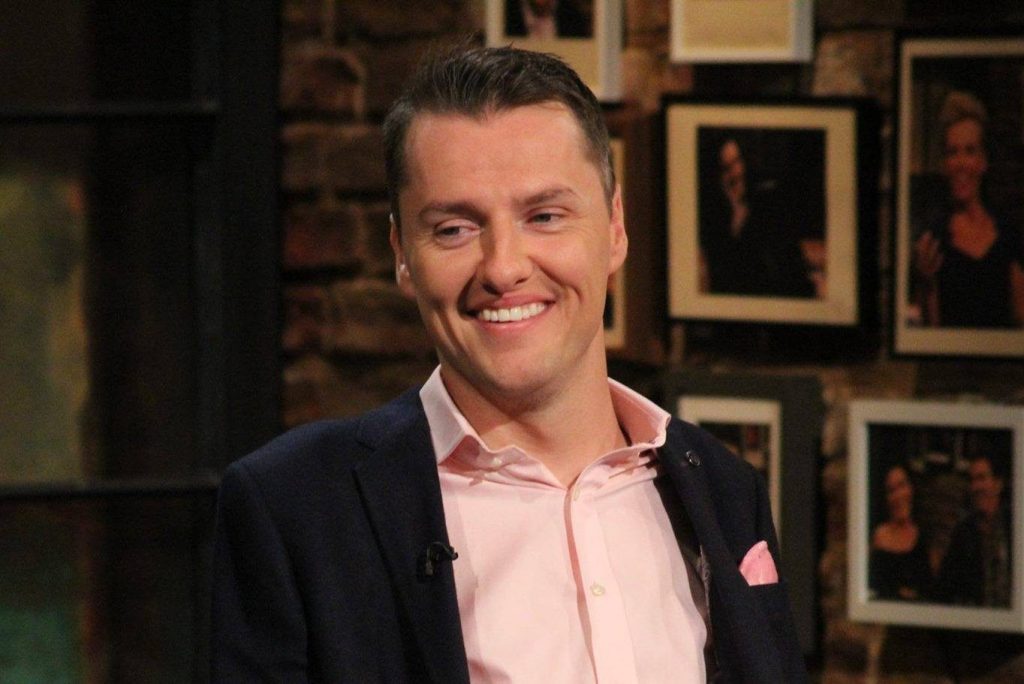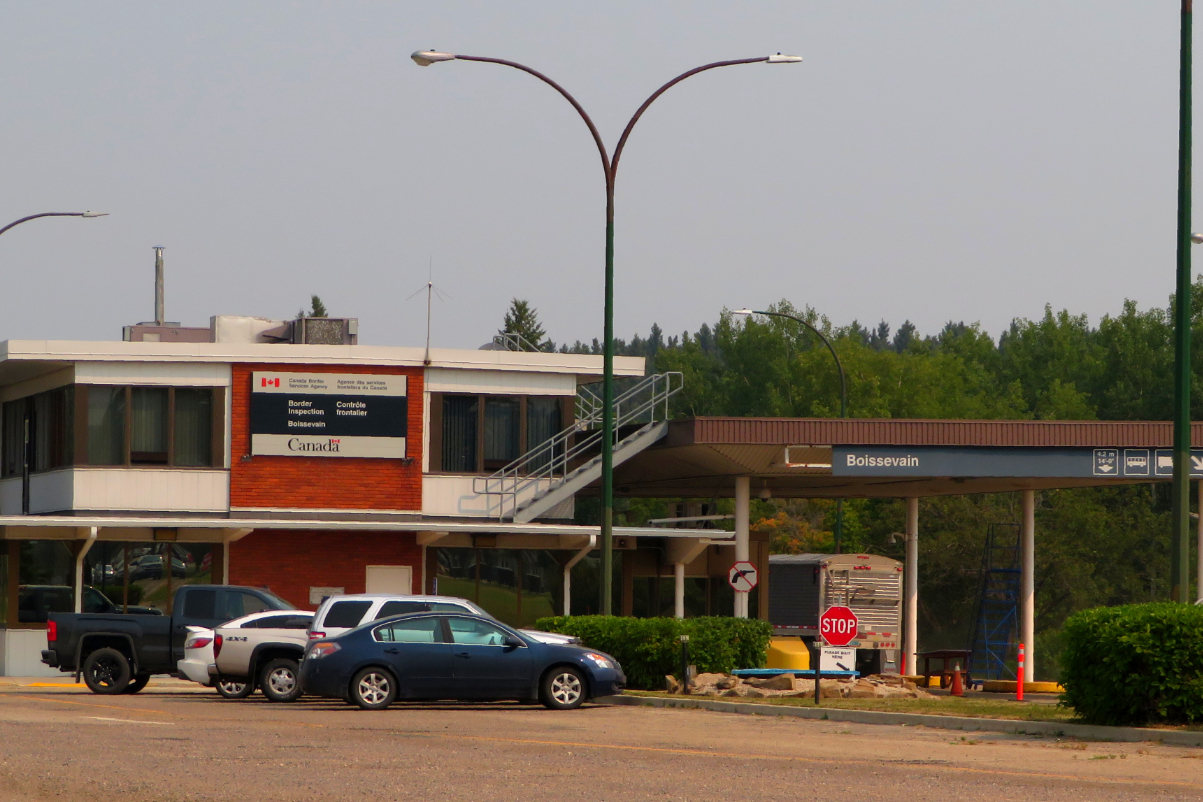Skift Forum Europe: Mobility Mojo Wants Hotels to Promote Their Existing Strengths

Skift Take
Many hotels still regard accessibility as a legal mandate and nothing more, but one company wants to change that approach from mere compliance to actually welcoming travelers with disabilities. The way to accomplish this is with optimism, rather than shaming hoteliers for their weaknesses, according to Stephen Cluskey, co-founder and CEO of Dublin-based Mobility Mojo.
“We’re not judgmental,” said Cluskey of his holistic, inclusive strategy toward all forms of disability. “It’s about taking the fear and awkwardness around accessibility out of it.”
Mobility Mojo’s software integration enables a hotelier to conduct an audit of its features and then actively promote them on the hotel’s own site, in its own branding. Accessibility information is so often hidden, and this puts it right out front.
Cluskey’s aim is to help hoteliers highlight the accessibility strengths they do have and inspire them to build on that foundation, evolving features from the bare minimum to real comfort, as any guest would want. In fact, many hotels don’t realize how many accessibility features they already have.
A lack of information and a lack of skilled customer service tied for the top accessibility challenge while traveling, according to a 2017 Amadeus-commissioned report developed by consulting firm ILUNION.
“We’re looking to work with the largest hotel groups in the world,” said Cluskey, who knows just how much money companies are leaving on the table. Adults with disabilities spend $17.3 billion annually on their own travel without factoring in companions, up from $13.6 billion in 2002, according to a 2015 report by the Open Doors Organization.
Cluskey, who is a United Nations-certified accessibility specialist, will speak on April 30 at Skift Forum Europe in London. He gave Skift a preview of his upcoming talk.
Skift Editor’s Note: This interview has been edited for clarity and length.
Skift: I imagine that large chains have a bigger challenge than independent hotels when it comes to improving accessibility, because they are trying to create consistency across so many properties.
Stephen Cluskey: Exactly. When people think of accessibility, it’s maybe a wheelchair ramp and a large bathroom, but it’s so much broader than that. This is something that affects everyone at some stage in their lives. I think of an older person with a bad hip or a bad knee. Your parents with buggies, your tourist with suitcases, and the one billion people with some form of a disability. Even simple things, like many restaurants in hotels would offer a menu in larger print for someone who forgets their glasses. That’s accessibility. So when we talk about accessibility, we talk about it in the broadest sense.
Skift: Have you found that some hotels are more accessible than they thought, because of that narrow view of accessibility?
Cluskey: Yeah, exactly. I mean the largest hotel group in Ireland here at the moment, we were working with them and they didn’t realize how good they were in terms of accessibility and how many accessible bedrooms and facilities they had across their hotels throughout Ireland and the UK. And in one particular hotel, they had more than 20 accessible bedrooms and not one mention of it on their website.
Skift: How would someone know those features exist? It’s safer to assume they don’t exist than to assume they do.
Cluskey: Exactly. And so the process for someone with accessibility needs at the moment is they have to go off-site and phone the hotel to ask them. So look, I’m a wheelchair user myself, and I was away not too long ago with some friends and I was looking through your Booking.coms and your TripAdvisors, and I couldn’t determine which hotel had better accessibility than the next. I found one with that little wheelchair symbol, but what does that actually mean?
So I phoned the hotel and I said, “Have you got an accessible bedroom?” They said, “Yes.” I said, “Have you got this, this, and this in the bedroom?” They said, “Yes.” I said “Okay, I'll book that room.” So because they had that one accessible bedroom, they got my business. But they got 22 other people as well who were traveling in the group with me. Often hotels think that one accessible bedroom is hardly worth promoting. But that one room is often the determining factor for where a wedding takes place, or where a group goes, or a conference for more than 500 people. That’s the power of this information.
Skift: In my own experience, companies tend to get a little bit nervous when you confront them with diversity and inclusion issues of any sort. How would you describe your approach to having this accessibility dialogue with hotels?
Cluskey: We take a very holistic approach, so we’re not judgmental at all. We provide a tool that helps a hotel get a baseline of where they are. Then we provide a report so that they can see where they can make improvements, but we actually help them just talk about what they have. Our integration on the website in our pop-up shows what they do have. So you as an end user can look and say, okay, that suits me or maybe it doesn’t.
Skift: It sounds like a very gentle, welcoming approach to companies that might be afraid of the topic and would rather not go there because they suspect they have weaknesses.
Cluskey: And that’s like one of the hotels we worked with. They’re an old hotel and they want to improve, but they have six steps up to the front of the hotel. Our tool helps capture that. So when you’re looking at their website now you can see, okay, they have six steps up to the front. I was going to bring my elderly mother or father in for a meal later. That suits them or maybe it doesn’t, but at the end of the day you can make that decision because you know what to expect.
It’s the information that’s the power.
With the holistic approach, something that would affect wheelchair users is the height of the bed in a bedroom. So you ask any hotel manager, the majority wouldn’t be able to tell you what height their bed is. Now we help them capture that. So for someone who’s a wheelchair user, they could say, okay, I can transfer onto that or maybe I can’t. Now think about your elderly parent again. If it’s a higher mattress or bed, that might actually be better for your elderly mother so that it’s not so difficult getting in and out of the bed. So it’s such a variety of facilities out there but people’s needs as well.
And like I said, we don’t judge, we just help them say what they have and let the end user decide.
At the end of the [accessibility audit] process, the hotel does get a rating in regards to accessibility. And we find that hotels, as soon as they see the rating come back to us saying, “Okay, how do we improve? Because the hotel down the road has a higher rating than us, we want to get up to that sort of level.”




